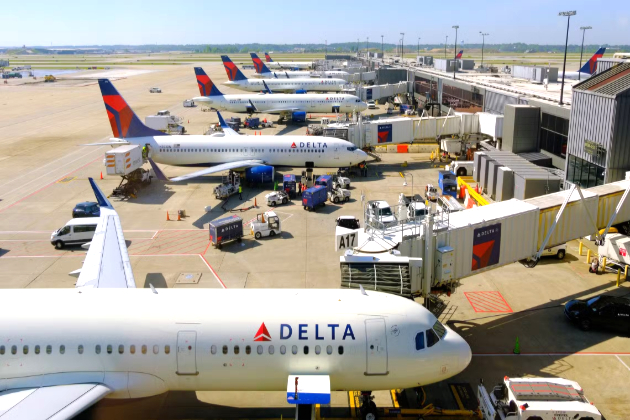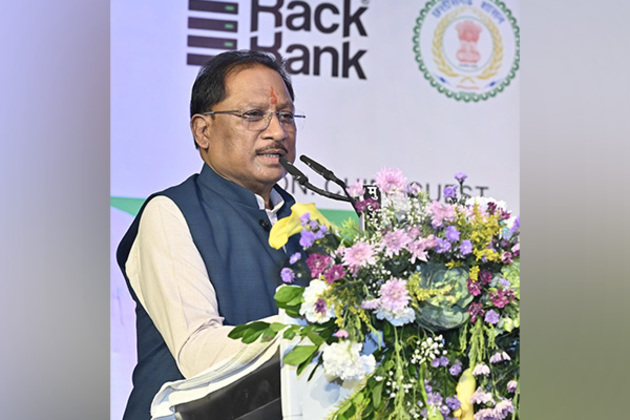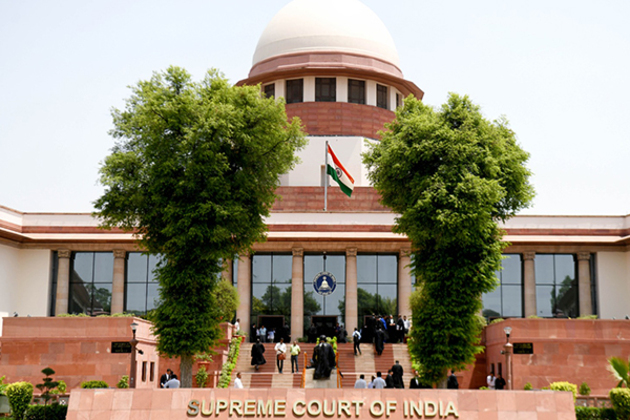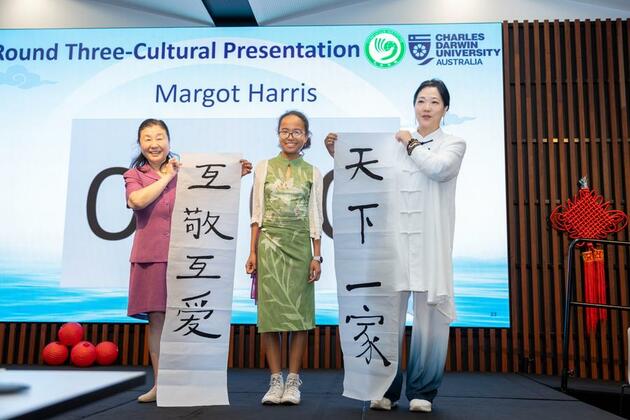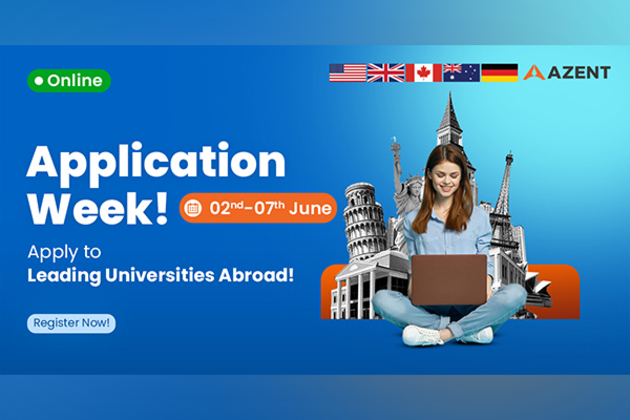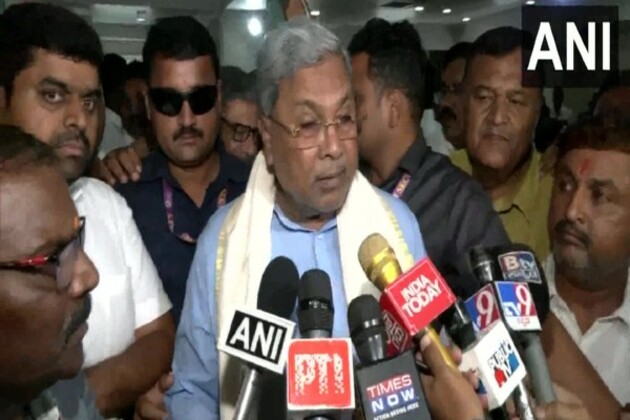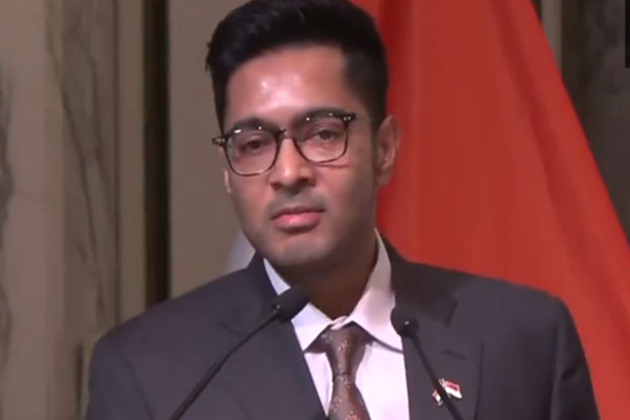State efforts to close the K-12 digital divide may come up short
The Conversation
19 Jan 2022, 20:09 GMT+10
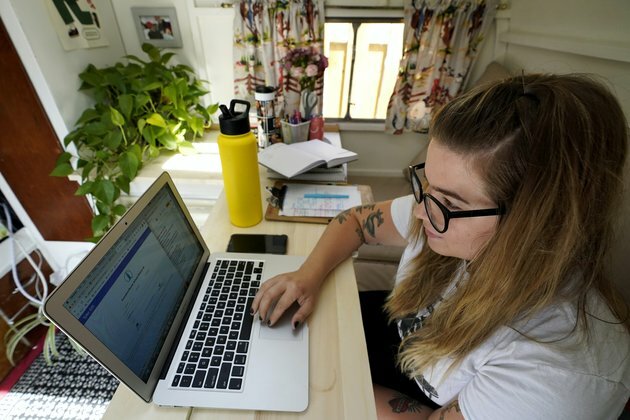
In 2021, New Jersey Gov. Phil Murphy announced that education officials in his state had "closed" the digital divide by ensuring that every public school student had a laptop or tablet and internet access.
"Closing the digital divide wasn't just about meeting the challenges of remote learning," Murphy, a Democrat, said at the time. "It's been about ensuring every student has the tools they need to excel in a 21st century educational environment."
While the Murphy administration was successful in giving 358,212 students access to critical education tools they previously lacked, the digital divide remains a problem in New Jersey as well as throughout the nation.
Federal data
A U.S. Census Bureau survey undertaken during the pandemic found that not all families with school-age kids had internet access or computers. The levels varied by race and family income.
For instance, whereas 84% of Asian families said they always had a computer on hand for educational uses, only 72% of Hispanic or Latino families did.
And 87% of Asian families said they always had internet access available for school-related activities. But just 68% of families that were biracial, multiracial or in a group labeled "other races" - meaning not white, not Black, not Asian and not Hispanic or Latino - said the same.
Families with higher incomes were more likely to have both internet access and digital devices always available for education. But even the highest-income households didn't have 100% availability of either. And only about two-thirds of families with incomes below $35,000 did.
State and local efforts
Different communities took different approaches to handling the digital divide before and during the pandemic. A National Governors Association review showed that some education leaders sought to address the immediate needs of students, such as access to computers at home, while others explored long-term broadband solutions.
Some states partnered with internet service providers or nonprofit organizations with a specific focus on digital access or inclusion, or other organizations with broader missions, such as local libraries.
In Philadelphia, the city worked with the school district, foundations and local cable providers to make sure all public school students have access to free and reliable internet at home. Chicago did something similar.
In October 2021, New York City announced an initiative to build a publicly owned, open-access broadband system to provide affordable internet access across the city.
Partnerships like this have resulted in the delivery of mobile hot spots, free internet subscriptions and digital literacy courses. Other local efforts, including from municipal governments and nonprofit organizations, sought to improve public Wi-Fi service and get computers or tablets to people who needed them.
A lasting problem
A 2021 report from New America and Rutgers University shows that, while internet access has greatly increased since 2015, 1 in 7 children still do not have high-speed internet access at home.
One reason for this may be the focus on temporary solutions to deeper social issues. A device and hot spot issued for one year does not permanently address problems as complex as the digital divide.
Another factor may be the ability to identify those in need. New Jersey's survey didn't ask families about their devices and connectivity. Instead, state officials asked local school districts and took their word without double-checking their reported results.
At the federal level, similar attempts to measure the digital divide have also come up short, overestimating the numbers of people who have a computer and internet service. The Federal Communications Commission has also overstated the degree to which high-speed service is available to internet customers.
Federal funding
The federal infrastructure package seeks to tackle the digital divide more directly than ever before in the U.S. The law's text says high-speed internet access is as essential as running water and electricity to "full participation in modern life in the United States." The package included US$2.75 billion to fund an effort to improve online accessibility for social services.
Whether the equitable delivery of digital access is achieved will depend on implementation. Studies of national broadband efforts in Australia and India show it isn't always easy. They also find that the programs don't make up for existing social inequities. For instance, in Australia, poorer communities got worse internet service than wealthier places. In the U.S., past broadband initiatives have not provided equitable service.
The infrastructure law has the potential to ensure that digital access becomes a higher government priority. But experience shows fully closing the digital divide will require much more.
Jessica Cruz, a Rutgers master's student in public informatics, contributed to this article.
[Like what you've read? Want more? Sign up for The Conversation's daily newsletter.]
Authors: Stephanie Holcomb - Ph.D. Student in Planning and Public Policy, Rutgers University | Andrea Hetling - Professor of Planning and Public Policy, Rutgers University | Gregory Porumbescu - Associate Professor at the School of Public Affairs and Administration, Rutgers University - Newark | Vishal Trehan - Ph.D. Student in Public Affairs and Administration, Rutgers University - Newark 
 Share
Share
 Tweet
Tweet
 Share
Share
 Flip
Flip
 Email
Email
Watch latest videos
Subscribe and Follow
Get a daily dose of International Technology news through our daily email, its complimentary and keeps you fully up to date with world and business news as well.
News RELEASES
Publish news of your business, community or sports group, personnel appointments, major event and more by submitting a news release to International Technology.
More InformationComputers
SectionJudge allows Delta to proceed with CrowdStrike lawsuit
ATLANTA, Georgia: A judge in Georgia has ruled that Delta Air Lines can continue most of its lawsuit against the cybersecurity company...
India's first AI SEZ in Chhattisgarh RackBank to invest Rs 1000 crores
Raipur (Chhattisgarh) [India], May 27 (ANI): India's first AI-centric Special Economic Zone (SEZ) is being established in Nava Raipur,...
SC refuses to entertain plea against construction of Jetty at Radio Club; asks Bombay HC to decide case
New Delhi [India], May 27 (ANI): The Supreme Court on Tuesday refused to entertain a plea challenging the Bombay High Court order,...
Confucius Institute thriving at Australia's northern gateway
We are a platform dedicated to promoting the Chinese language and culture and facilitating mutual learning among civilizations, CDU...
Azent Overseas Education Announces 'Azent Application Week' from June 2-7, 2025 - Your Gateway to Global Education
TP Mumbai (Maharashtra) [India], May 26: Azent Overseas Education, a pioneer in study-abroad counseling, announces the launch of...
Xinhua Headlines: Beyond expo floor: how China contributes to future of global trade
* As global trade faces mounting headwinds -- from U.S. tariffs to supply chain fragmentation -- international businesses are making...
Internet
SectionIreland urged to boost tech sector amid job decline
DUBLIN, Ireland: The number of people employed in social media companies in Ireland has dropped by 11 percent since 2022, according...
Judge allows Delta to proceed with CrowdStrike lawsuit
ATLANTA, Georgia: A judge in Georgia has ruled that Delta Air Lines can continue most of its lawsuit against the cybersecurity company...
Karnataka CM slams BJP's 'Urdu Over Kannada' claim as malicious lie meant to spread communal hatred
Bengaluru (Karnataka) [India], May 28 (ANI): Karnataka Chief Minister Siddaramaiah has strongly refuted BJP allegations that the state...
Container from the sunken ship MSC ELSA 3 washes ashore at Kollam Coast: removal underway
Kochi (Kerala) [India], May 28 (ANI): The Liberia-flagged container vessel MSC ELSA 3, which sank off the Kochi coast on May 24, has...
When it comes to national security, I stand firm beyond politics: TMC's Abhishek Banerjee in Singapore
Singapore City [Singapore], May 28 (ANI): Trinamool Congress (TMC) MP Abhishek Banerjee has emphasised that national security and sovereignty...
TVK accuses Chennai Police of assaulting women functionaries during fire relief efforts
Chennai (Tamil Nadu) [India], May 28 (ANI): The Chennai Police Commissioner has ordered a probe into allegations of assault on Tamilaga...

